As we celebrate the 80th anniversary of the United Nations, one of its most enduring legacies is that of peacekeeping. For nearly eight decades, Blue Helmets have been at the forefront, saving lives and ushering countries from conflict to peace. From Cyprus to Lebanon, and from the Central African Republic to South Sudan and the Democratic Republic of the Congo, over 76,000 dedicated civilian, military, and police personnel are currently spread across 11 missions globally.
These men and women serve as a beacon of hope in some of the world’s most fragile political landscapes. With conflicts becoming more complex and prolonged, peacekeeping plays a crucial role in maintaining stability. However, as highlighted by President Abdel Fattah Al-Sisi, it is essential to view peacekeeping as part of a broader approach that includes preventive diplomacy, mediation, and addressing root causes.
“The Future of Peacekeeping
” is this year’s theme for International Day of UN Peacekeepers—a timely focus given the unprecedented challenges faced today. Conflicts now transcend borders and are compounded by various factors like terrorism and cyber warfare. As Secretary-General António Guterres aptly stated: “
Trust is in short supply among—and within—countries.”
One critical issue facing peacekeeping missions is the gap between their mandates and available resources. This mismatch hampers their effectiveness in situations where peace is elusive. The Pact for the Future adopted at the 2024 Summit offers an opportunity for reflection on how to strengthen peace operations through political will and sustainable funding.
Egypt has long been a stalwart supporter of UN peacekeeping efforts with a history spanning over six decades. Contributing troops to numerous missions across Africa, Egypt remains committed to upholding the principles enshrined in the United Nations Charter. Its leadership extends beyond troop contributions to actively shaping reform strategies within peacekeeping operations.
Through initiatives like the Cairo International Center for Conflict Resolution, Peacekeeping and Peacebuilding (CCCPA), Egypt champions innovative approaches that prioritize prevention and civilian protection while promoting regional partnerships. The annual Aswan Forum serves as a platform for advocating African-led solutions in peacebuilding.
In light of growing risks faced by peacekeepers globally—including sacrifices made by over 60 Egyptian personnel—it is imperative to enhance training efforts, integrate technology effectively, and strive for gender parity within missions. Egypt’s commitment was reaffirmed during this year’s UN Peacekeeping Ministerial in Berlin where it pledged continued support for advancing UN peacekeeping goals.
Egypt’s strategic location at crossroads connecting continents positions it as an optimal hub for hosting United Nations agencies under the UN80 initiative—a move that could significantly bolster global connectivity and cooperation efforts.
The world looks towards strengthened multilateral cooperation coupled with robust reforms to equip UN peacekeepers adequately for present-day realities and future challenges ahead. In this endeavor, nations like Egypt stand out as pivotal partners in ensuring that peace prevails amidst turmoil—a testament to collective determination towards global harmony.



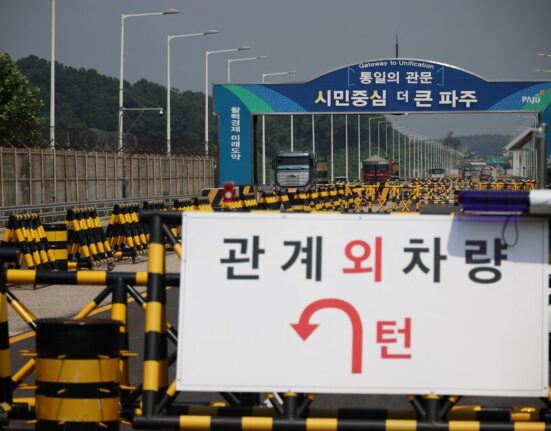
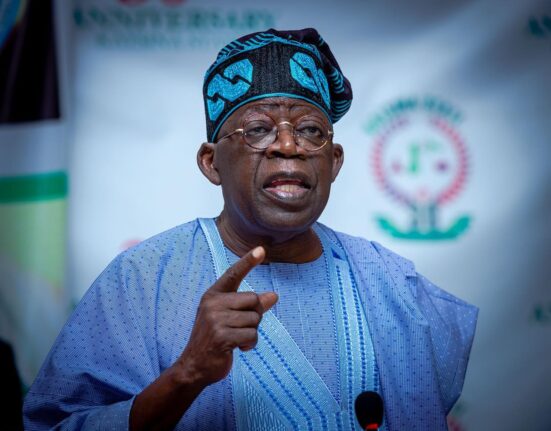
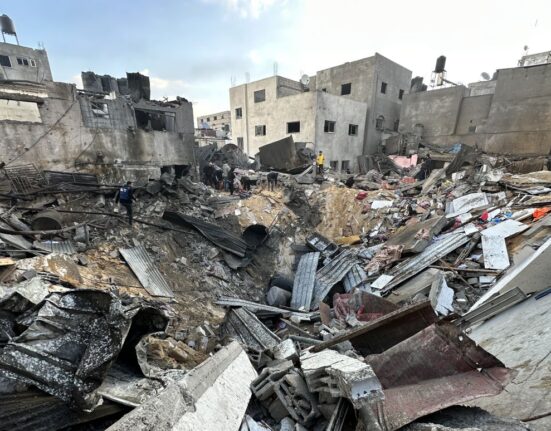
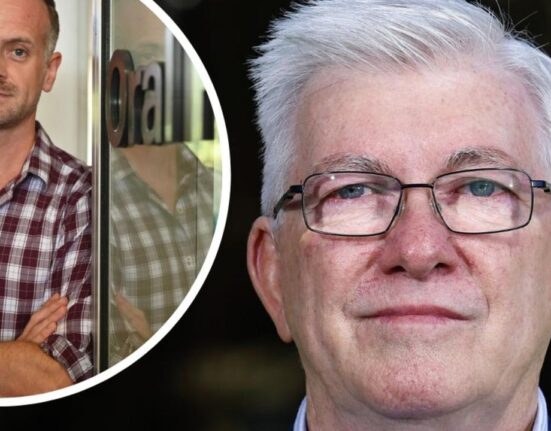
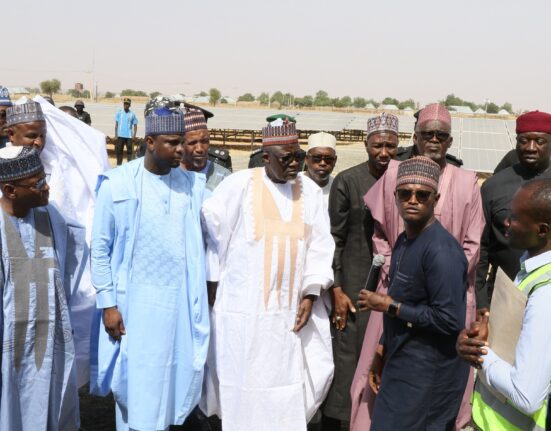

Leave feedback about this